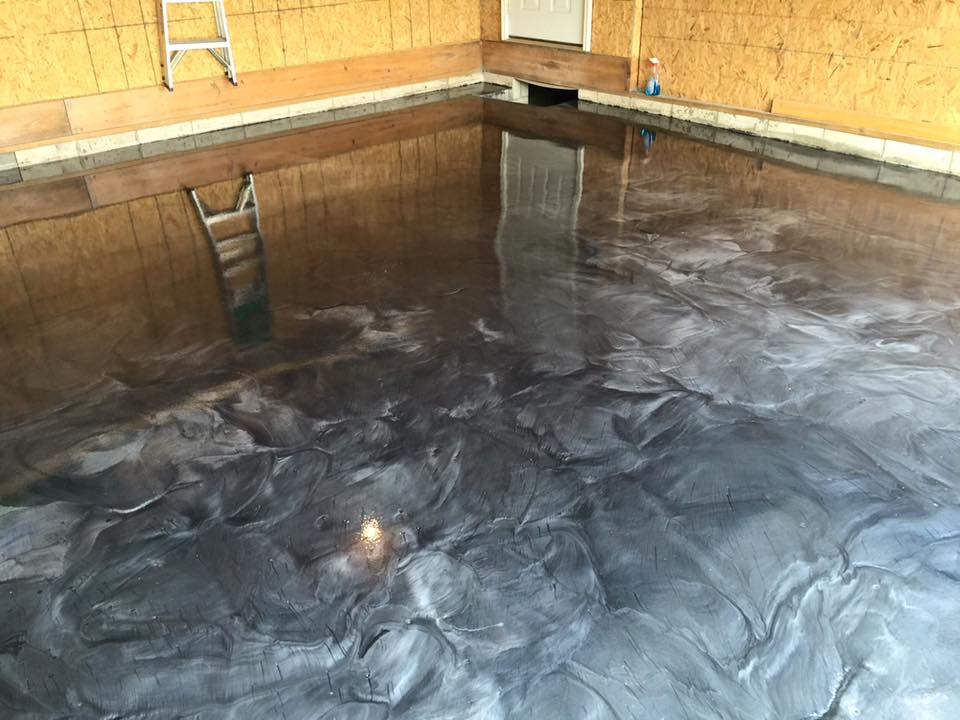
14 Nov Epoxy Flooring: Weighing The Advantages and Disadvantages For Your Flooring Needs
What Is Epoxy Flooring?
Epoxy flooring’s made up of resin and hardeners that, when mixed together, bonds with concrete to create a plastic-like surface. This type of flooring’s commonly seen in commercial buildings, garages, basements, kitchens, around pools, and many other areas. It offers both functionality and a cosmetic appeal that’s highly desired by homeowners and businesses alike.
When designing a space, it’s hard to decide if epoxy flooring’s the right choice, especially with all the other flooring options available today. Before choosing any type of flooring it’s important to determine if epoxy flooring offers the most for your specific flooring needs. Below you’ll find an in-depth look into the advantages and disadvantages it offers.
Advantages of Epoxy Flooring
One of the biggest benefits of installing an epoxy flooring through a company like epoxy floors San Antonio focuses is durability. This type of flooring rates 8x’s stronger than traditional concrete, making it the least likely surface to crack, scratch, chip, or break. Its durability makes it the best choice for high foot traffic, parking vehicles, and areas that need to support heavy objects. Along with its durability, it helps protect the existing concrete it’s bonded to. Giving concrete a longer life than any other flooring method. Other advantages of having an Epoxy floor include:
- Fire-resistant
- Can withstand extreme weather
- Doesn’t trap dirt or debris making it easy to clean
- Keeps mold, mildew, and bacteria at bay, making it the most hygienic flooring option available
- Available in VOC Free Formula
- Resists gas and oil, easily wipe it away without corrosion or damage to the floor
- Stain-Resistant
- Cheaper than other forms of flooring
Another reason epoxy flooring holds an advantage over other types of flooring involves its endless design options. Home or business owners can customize their floor with any color or level of shine they desire. For added appeal, installers can add metallic, flaking, or other materials to give the floor a unique, one-of-a-kind look unlike any other space.
Disadvantages of Epoxy Flooring
Just like any other flooring option, epoxy flooring comes with some disadvantages. A common complaint for epoxy floors includes the installation process. Although it’s cheaper to install than most floors, it’s a time-consuming process that requires professional detail for long-lasting results. If the floor isn’t cleaned or prepped properly, it would result in having to replace the floor, shortly after it’s installed. Other disadvantages of Epoxy flooring include:
- Requires special grinding if home or business owners decide to change their floor
- Slick surface could result in injuries without the proper amount of texture
- There’s faster flooring solutions available such as rubber tile mats or floor paint
Although epoxy flooring offers 8x’s more protection than ordinary concrete, it’s not indestructible. When an overly heavy object falls onto the epoxy floor, its resistant features cannot withstand the impact properly. This results on minor chips or cracks that, over time, will spread throughout the rest of the floor. This could lead to expensive repairs or the need to replace the entire floor system.

Sorry, the comment form is closed at this time.